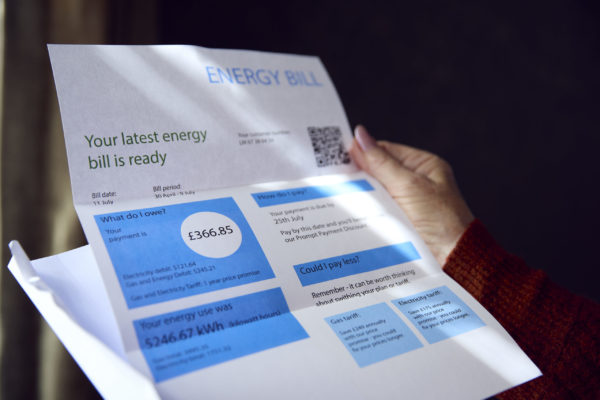The Diversity Forum alongside other organisations, including SIB, have undertaken a project to improve diversity data collection and it’s use across the sector. Funded by Connect Fund, the initial aim of the project was to create a standardised approach to diversity data collection.
It quickly became evident how challenging creating a standardised approach would be given the wide variety of organisations and funds within both the social investment and grant sector. Each fund and organisation are different and equitable funding in a regional place based (local) fund will look very different to a national fund. Equitable funding for a property based social investment fund will also look different to an unrestricted grant fund. However, the process for organisations to assess their progress and improve their own EDI data collection and usage is very similar, leading to the creation of a practical framework to support the sector and organisations to improve.
The framework offers organisations key areas to start for those who are struggling with where to begin as well as supporting organisations with more experience of collecting EDI data to continue to develop further. The framework encourages a problem-solving approach and collaboration.
The framework summarises some of the views and challenges organisations and communities experience when EDI data is collected from them. Feeling like a tick box exercise and lack of ownership over their own data are just a couple of examples. EDI data collection is complex and so are the challenges and experiences of those completing the data collection. The framework offers a base to reflect on their feedback and embed regular feedback from organisations and communities into all data collection processes, particularly EDI.
Looking at a specific area of the framework as an example, we can see how the framework can be used by a social investor. ‘What are you using the data for?’ is one of the key questions and that allows the life cycle of the fund set up and distribution to be examined. Do applications to the fund reflect the population it is trying to support? If not, can these findings be used to reflect on fund eligibility criteria, accessibility of the application process or where the funding is advertised? Do the population applying for the funding reflect the population being awarded the funding? If not, is this expected, or can the assessment process or committee decision making be examined to understand why?
This also ties into the other areas of the framework; if these questions are difficult or not possible to answer, can the data being collected be reviewed to see if it needs to change?
The framework includes feedback from social enterprises that can be used to start discussions and find solutions that can be tailored to organisations or funds. It provides a tool for organisations to improve and create their own solutions rather than a ‘one size fits all’ approach to EDI that does not consider the nuances of the organisations and communities the funding is trying to support.
You can read the full report and framework here:
https://www.diversityforum.org.uk/diversity-data-report-framework
If you have any questions or would like support implementing the framework, please contact the Diversity Forum via email: info@diversityforum.org.uk





